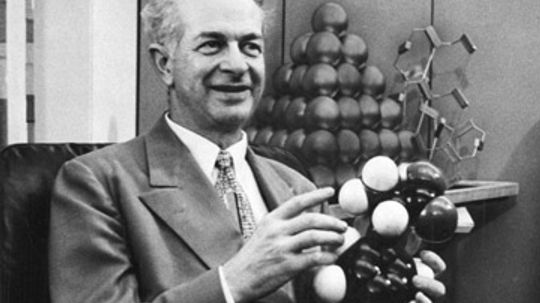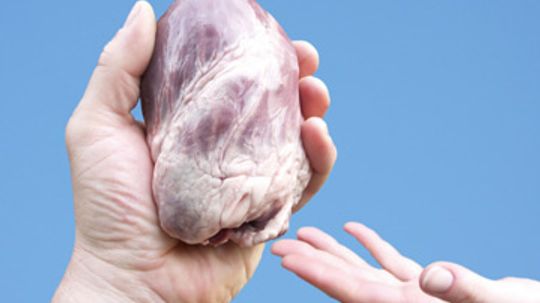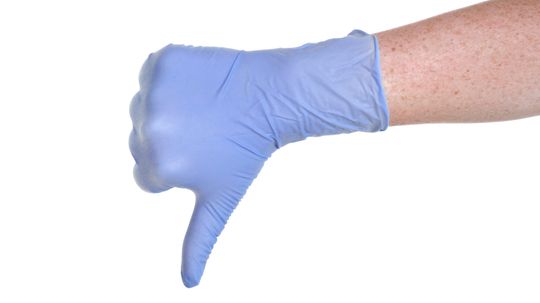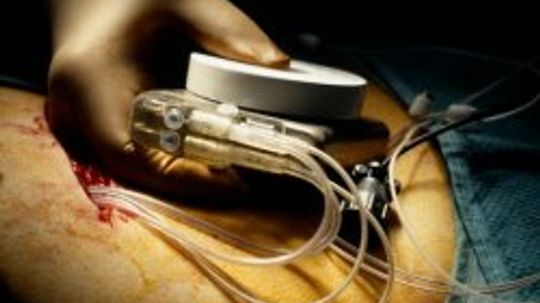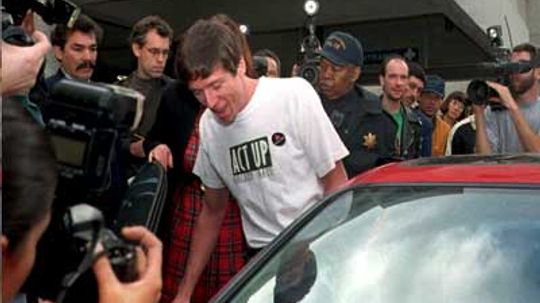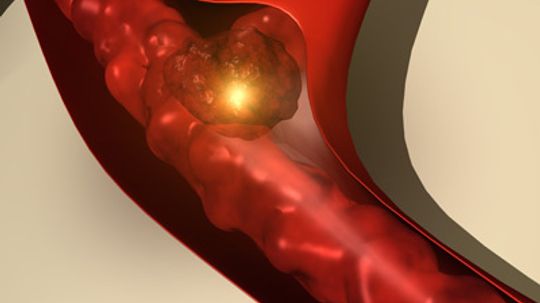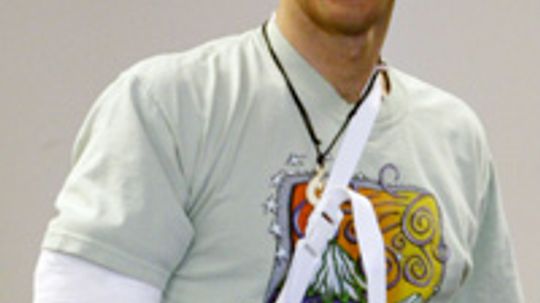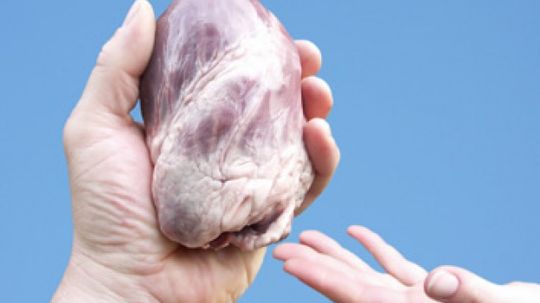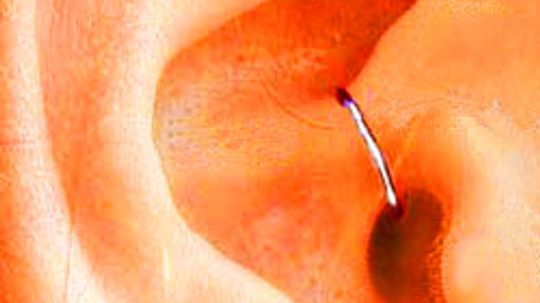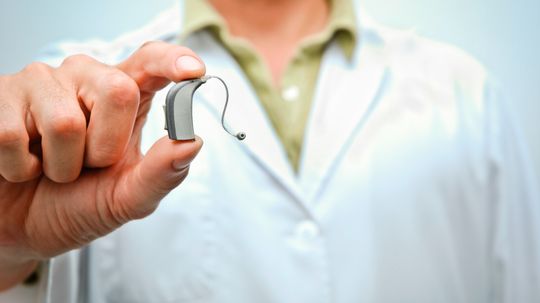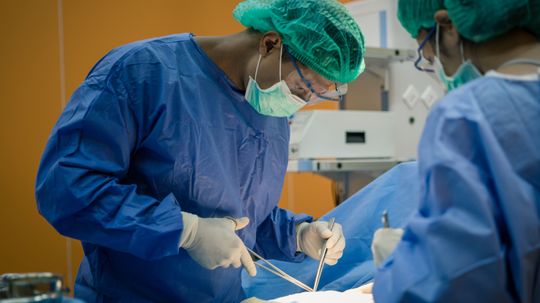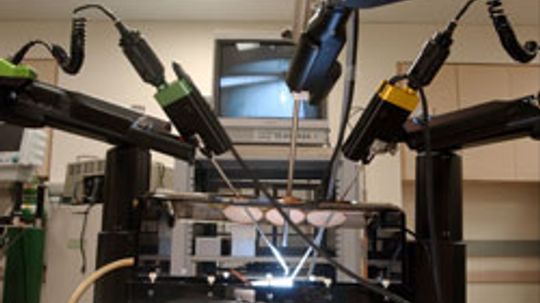Modern Medicine
Thanks to modern medicine, we have at our disposal countless medications and techniques for overcoming health problems. Learn about recent innovations in modern medicine techniques and how they have transformed the medical world.
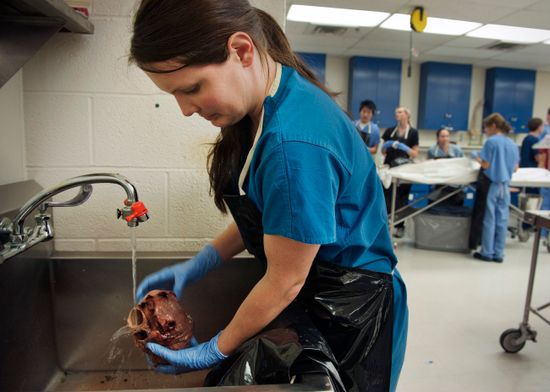
Medical Schools Have Come a Long Way From Grave Robbing to Get Cadavers
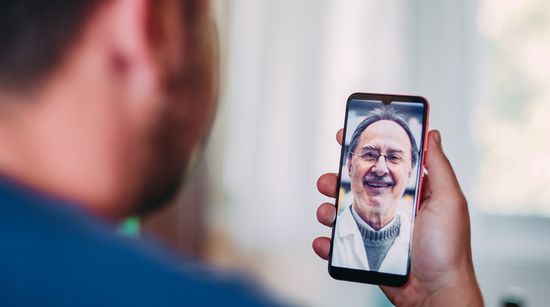
How Doctor On Demand Works

How Telemedicine Can Help You During COVID-19 and Beyond

Compression Wear Is Key to Sports and Surgical Recovery

How 'Charlotte's Web' Went From Iconic Kid Lit to Popular CBD Brand

Why Do Antidepressants Have Warnings About Suicidal Thoughts?
Learn More / Page 2
Can vitamins and minerals in the right amounts really cure what ails you? That's the basic idea behind orthomolecular medicine, a form of alternative medicine that's been around for decades.
Cornea transplant surgery is one of the successful types of transplant surgery. But there are still a few cautions. We'll explain the procedure and the risks.
Now, doctors can replace every part of the human body, from skin and bones to organs, hands and faces. It's no longer science fiction to imagine that we could slowly replace our organs as they wear out. But surely there are limits?
Advertisement
Completely eradicating a disease is difficult. It's so complicated, in fact, that it's only been accomplished once, with smallpox. So what exactly does it take to eradicate a disease?
By Robynne Boyd
Back in the day, we thought an ice pick through the eye and an ice-cold bath might just cure your mental ills. In a century, what medical practices of ours will our descendants contemplate in horror?
Our heart is a complicated organ made up of many parts that sometimes don't always work as they should. Take a look at what can be used to keep a heart on a healthy beat.
Behold the humble maggot! While almost universally reviled, it has a noble part to play in wound healing. And in this age of drug-resistant bacteria, maggot therapy is back in style.
Advertisement
Peter Pan? Besides the fact that he can fly, he never grows up. But in real life, aging is inevitable, no matter how we rage against the dying of the light. Or is it?
In the history of desperate time and desperate measures, you'll find Jeff Getty's story. After getting FDA approval and finding a willing doctor, Getty had a baboon bone marrow transplant in 1995. The results? A mixed bag of success and skepticism.
Inkjet printers might be doing a lot more for doctors than just printing medical forms. This technology combined with microneedles could create a drug patch that might replace hypodermic needles.
Sticks and stones may break your bones, but tarantula venom may prevent you from having a heart attack. Could some of the world's most fearsome creatures be harboring cures for disease?
By Josh Clark
Advertisement
Doctors and researchers continually develop new methods to fight against brain damage caused by strokes. But is it possible for lasers to bust up the clots? How can a laser get into your brain, anyway?
Amputations have been performed since ancient times, but did you know anesthesia wasn't developed until the 1840s? Mountaineer Aron Ralston amputated his own arm after being trapped by a boulder. Could you do it?
It's as easy as checking "yes" when you register for or renew your driver's license. But organ donation is actually a complex and serious process.
By Tom Scheve
Your face is how the world sees you. But what if something awful happened to it? In 2005, Isabelle Dinoire was the first recipient of a face transplant. How do doctors transplant a face, and is it a good idea?
Advertisement
Some call it body piercing. Some call it acupuncture. Some call it absurd. But could a piercing help you lose weight?
By Julia Layton
While your iPod may bring you hours of enjoyment it, could also cause health problems. Read our list of seven health problems for the modern age.
Hearing aids -- small electronic devices that amplify sound -- can help restore many of the sounds that hearing-impaired people are missing. Find out how hearing aids work in this article.
In a July 2007 study, scientists detailed their use of gold nanoparticles to detect breast cancer. Nanoparticles may also form the basis of future cancer treatments.
Advertisement
Radiation therapy for cancer is based on the idea of selective cell destruction, and it destroys cells using energy. As it turns out, protons release energy in a different way than X-rays do.
By Julia Layton
A company called Second Sight has received FDA approval to begin U.S. trials of a retinal implant system that gives blind people a limited degree of vision. Find out how the "bionic eye" will work.
By Julia Layton
Scientists have developed a new ultrasound transducer to stimulate the growth of teeth and fix asymmetric jaw bones. See how it works.
Today, organ transplants are relatively simple procedures, yet thousands of people die every year waiting for their turn. Find out about transplants and what's being done to remedy the organ-shortage problem.
By Tom Harris
Advertisement
Robots are already assisting doctors in the operating room. Tele-surgery may not be that far off. Learn about robotic surgery and what it could mean to the future of health care.
By Kevin Bonsor & Jonathan Strickland
